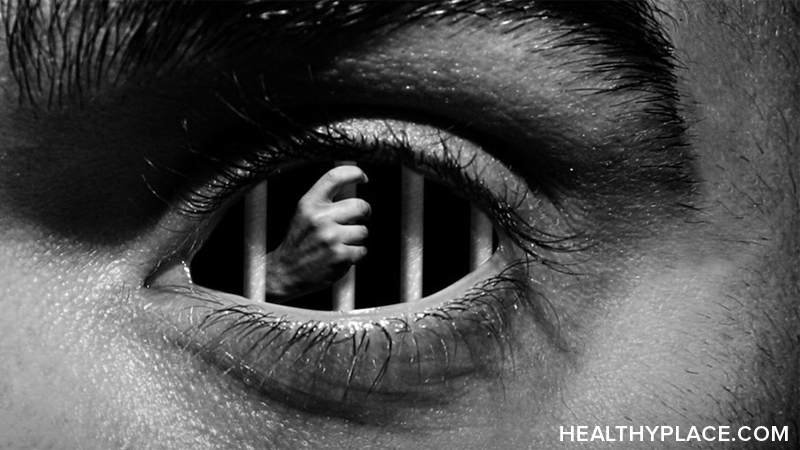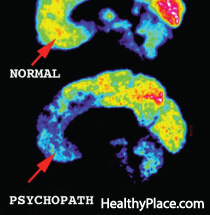Decreased Sexual Desire in Men
About 1 in 7 men will admit to feeling decreased desire when asked. This increases gradually with age. Low desire correlates with daily alcohol intake, poor general health, emotional stresses, fatigue, insufficient sleep, being touched sexually before puberty, same-sex behavior ever, or a partner ever having had an abortion. The accelerating pace of life for many leaves little time for relaxed interaction between partners. This is especially prevalent for families with two working parents and young children. The fatigue that many experience in this context leads to sexual shut-down. Permission and encouragement by physicians to take time to nurture the couple as being a core need for a marriage, rather than an extravagant luxury can be a useful intervention. (How many of us would benefit from the same advice?)
Many illnesses and the drugs used to treat them cause lowered desire.7 Antihypertensive, antiarrhythmic, antineoplastic, anticonvulsant, and antidepressant drugs are common culprits.
Endocrine disturbances commonly have sexual dysfunction associated with them. Hypothyroidism, hypogonadism, and hyperprolactinemia often cause decreased desire.
As men age their testosterone levels gradually decline over decades starting in the 40's. For some men this becomes clinically significant and is variously called Andropause or Androgen Deficiency of the Aging Male ("ADAM").8 Treatment with replacement testosterone is available using pills, injections, patches and (internationally) sub-cutaneous pellets. Similar to hormone replacement for women, testosterone has positive effects on sexual interest, overall mood and general wellbeing, and reduces the risk of osteoporosis. Long-term trials to assess the potential risks of prostate cancer and cardiac disease have not been reported. Prudent management suggests monitoring the prostate with a digital rectal exam, baseline and initially 3 - 6 month follow-up Prostate Specific Antigen testing. Blood pressure, hematocrit, calcium and cholesterol should also be monitored.
Decreased desire is one of the hallmarks of depression. Antidepressants may help mood, but commonly exacerbate hypoactive desire. Addressing these concerns will help medication compliance. Non-SSRI antidepressants, such as bupropion and nefazodone may be relatively more sparing sexually.
Men at risk for lowered desire resulting from a medical condition or use of medication need physicians to raise these issues since without prompting they are unlikely to do so. Routine questioning about sexual concerns can reveal such problems; patients whose diagnoses and/or medications have an effect on sexual desire offer physicians an opportunity to raise and explore these and related sexual health issues.
Frequency dissatisfaction is common in relationships, with the partner with the lower level of interest often being labeled as the identified patient. While stereotypically the woman is labeled as having lower desire, as indicated above, either partner can have the lowered level of desire. Besides looking at possible treatable causes, such as andropause or menopause, it is important to help the couple understand what this situation means for each partner. Does a lack of sex imply a loss of love or attraction? Does it mean that a partner has to feel sexually frustrated due to lack of sexual contact, or can they pleasure themselves?
I use a restaurant analogy with couples around this issue: Both usually agree that they enjoy going out to dinner together, rather than grabbing a bite to eat on their own. I ask them whether each has to eat the same amount of the same food from the menu in order for each of them to feel satisfied and to enjoy the dining encounter. Or can one order steak with all the trimmings, and the other have the pasta? If one partner feels at least neutral about sex, but sees their lover enjoying themselves, can this be enough for them to engage in sex? Can both partners discuss and accept masturbation in the relationship? Helping couples learn to acknowledge each other's levels of sexual desire and frequency as being different and unique to themselves, and aiding them in finding ways to balance these needs is both challenging and helpful. Underlying marital stresses that contribute to decreased desire may need to be addressed.
APA Reference
Staff, H.
(2021, December 17). Decreased Sexual Desire in Men, HealthyPlace. Retrieved
on 2025, May 22 from https://www.healthyplace.com/sex/male-sexual-dysfunction/decreased-sexual-desire-in-men









